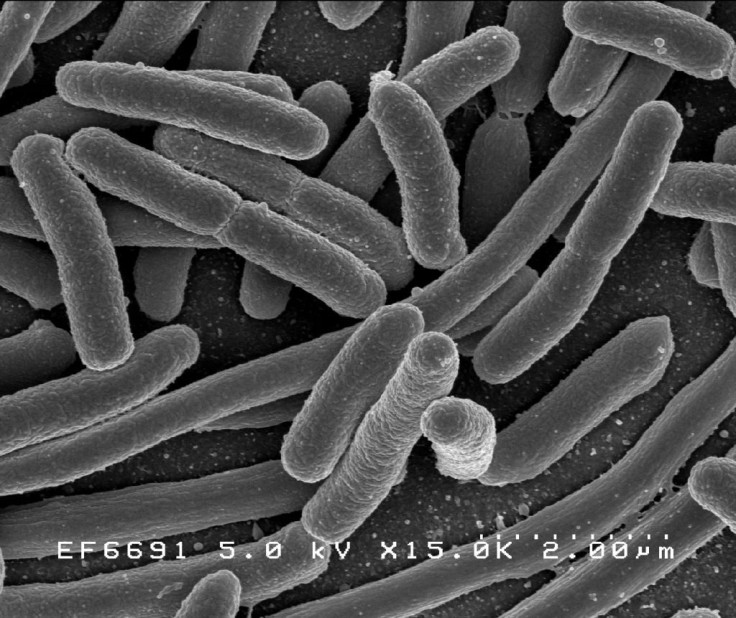Gut Bacteria Can Protect Nervous System And Brain From Harmful Viruses

Gut bacteria play an important role in protecting the brain and nervous system from harmful viruses, according to a study. The study stated that the bacteria produce compounds of prime immune cells for destroying harmful viruses that affects the central nervous system.
The research, published in a journal eLife on Tuesday, tried to find a link between the gut microbiome, viral infections, immune system and neurogenerative disease. The study suggested that disturbances in gut bacteria can lead to several neurological illnesses such as multiple sclerosis.
Multiple sclerosis or MS is an unpredictable chronic illness of the central nervous system that affects the brain, the optic nerves of eyes and the spinal cord. According to the National Multiple Sclerosis Society, the disease disrupts the information flow within the brain as well as the body and the brain.
The study suggested that a diverse and healthy microbiota is needed to clear the harmful viruses in the nervous system. This process is important to prevent the body from any risks associated with paralysis.
This chronic disease that is caused due to the progressive damage to the nervous system has become more common in the past few decades. It is believed to be triggered through viral infections in the spinal cord and the brain.
Though the real cause for this illness is yet to be known, some studies suggest that increasing antibiotic use, diet and environmental factors are potentially increasing the risk of it by causing disruptions in the gut microbes.
“We wanted to investigate whether gut microbes could alter the immune response to a virus in the central nervous system and whether this affects the amount of damage the virus causes,” lead researcher David Garrett Brown, who is a graduate research assistant in the Department of Pathology at University of Utah Health in Salt Lake City of US, said in a statement.
For the study, the researchers tried to find the effects of a virus called Mouse Hepatitis Virus, which is known to infect cells in the central nervous system of mice and causes symptoms that are similar to multiple-sclerosis, on two groups of mice. While the first group of mice were bacteria-free , the second group were with normal gut microbes.
At the end of the study, the researchers found that the first group of mice were unable to destroy harmful viruses from the central nervous system due to weak immune response. They gradually developed worsening paralysis. But the second group of mice managed to fight off the harmful viruses.
“We've shown that gut microbes protect infected mice from paralysis by turning on a specific pathway in central nervous system cells. This suggests that signals from microbes are essential to quickly clear viruses in the nervous system and prevent damage from multiple sclerosis-like diseases. Our results emphasis the importance of maintaining a diverse community of bacteria in the gut, and that interventions to restore this community after taking antibiotics may be necessary,” co-author June Round said.
© Copyright IBTimes 2024. All rights reserved.





















